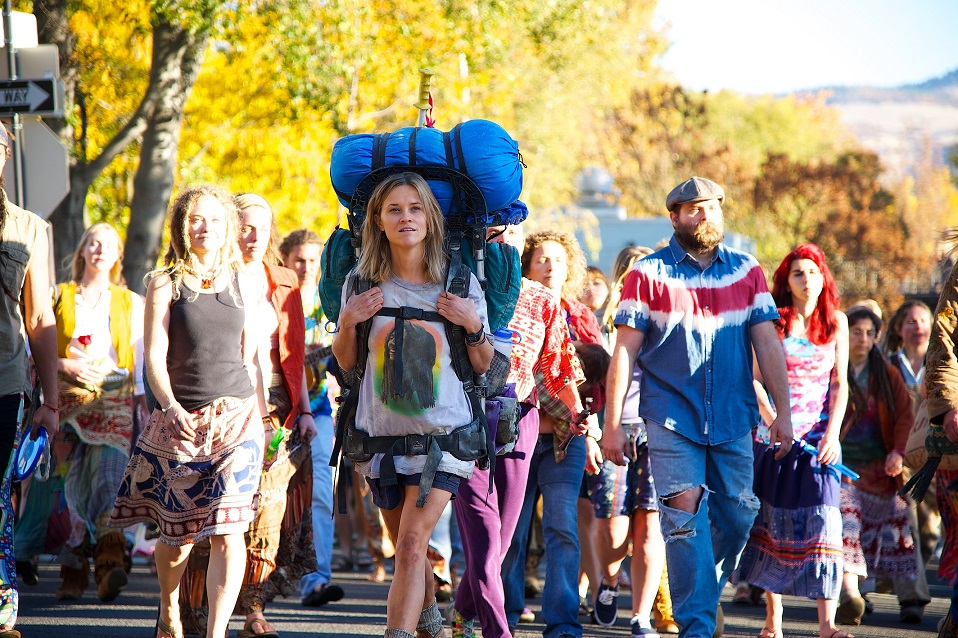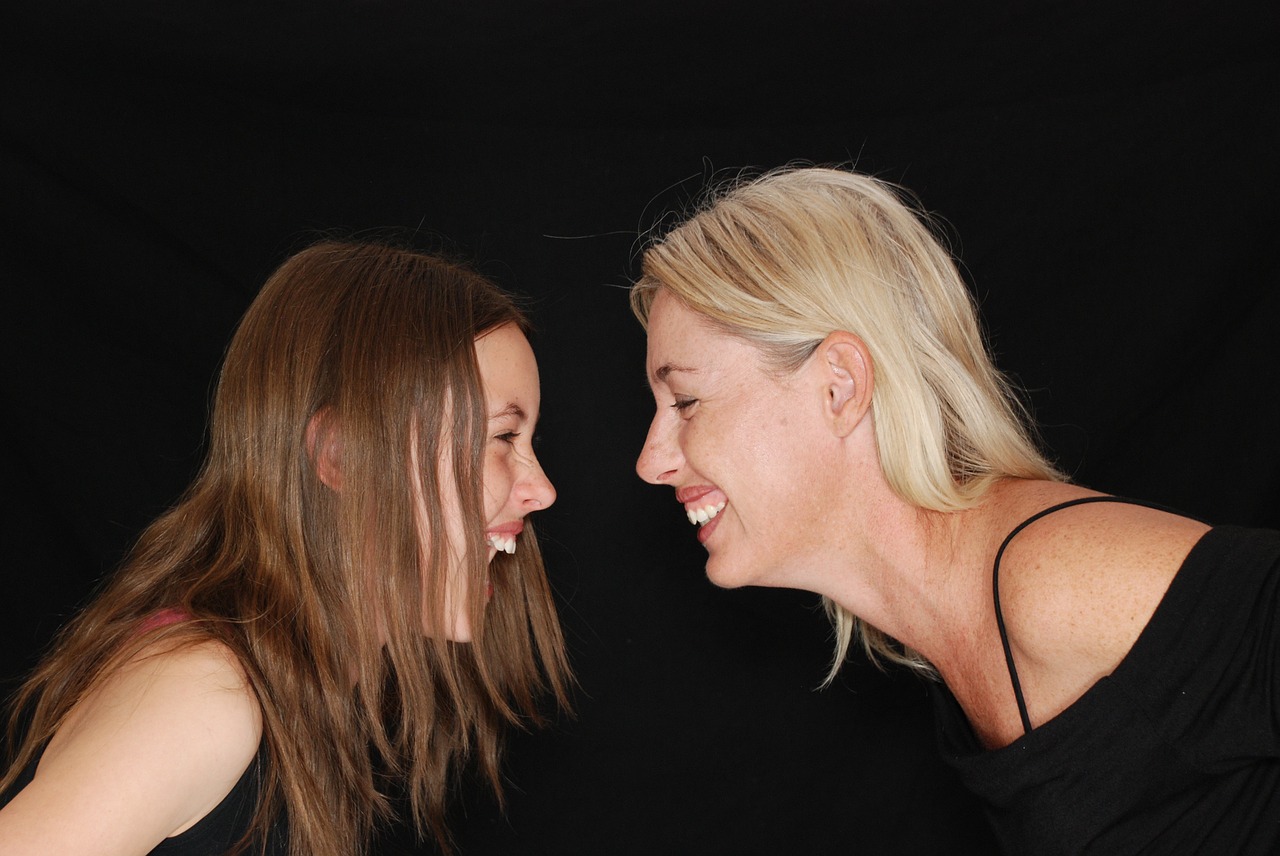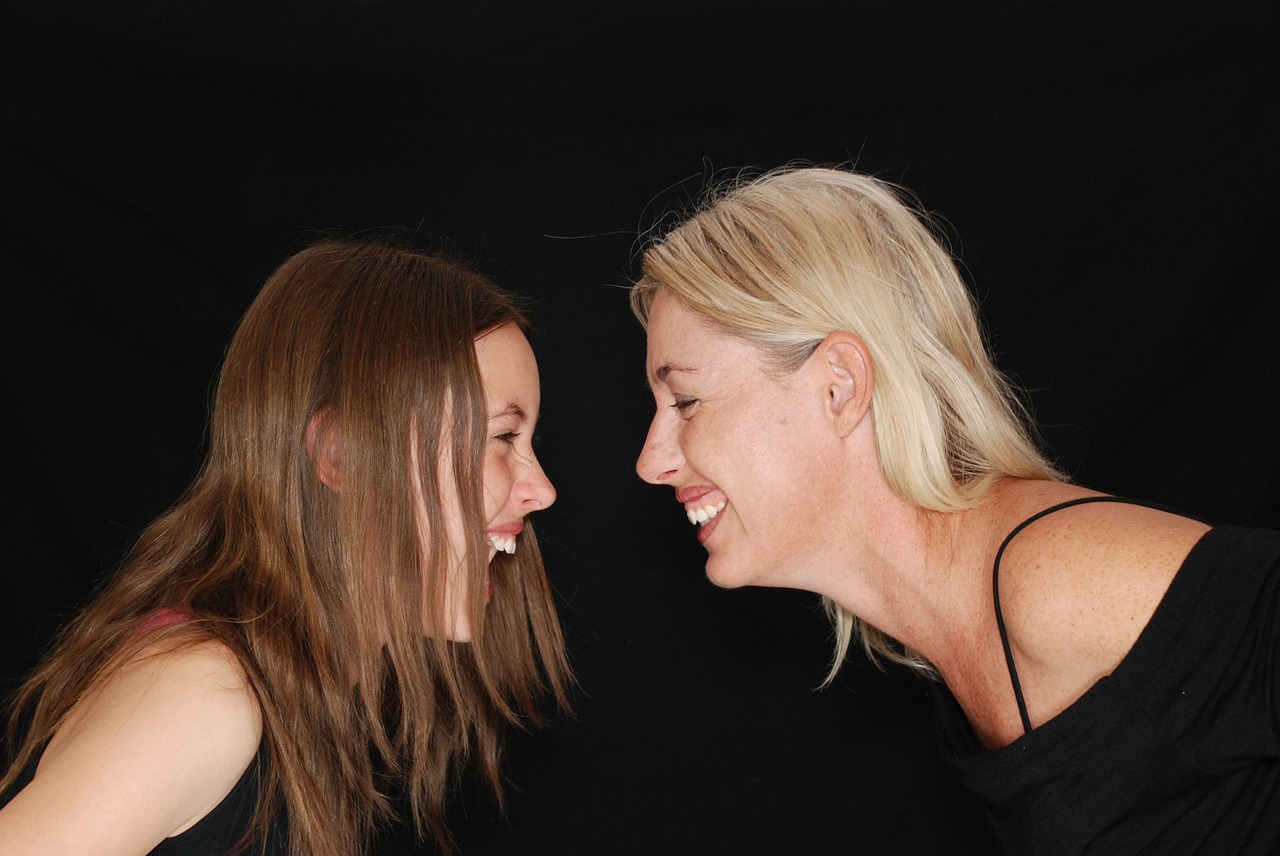Should Parents Post Photos of Their Children on Social Media?
Those in favor say it’s a great way to help build a community. Others say sharing violates children’s privacy and may have long-term consequences. It’s a question any social-media user faces after snapping a great photo: Should I post this? Or it going to come back to haunt me? The questions get doubly complex when they involve people’s children. A parent on average will post almost 1,000 photos of a child online before the child turns 5, according to a recent survey. Many parents don’t ask children’s permission before posting, and many have never checked their privacy settings—even though photos often contain data about where they were taken.
That leads many privacy advocates to urge restraint on parents. The risks of putting your child in danger now, or embarrassing them later, are too big to ignore, these critics say. The best course is to keep their photos off the Internet.
But some parents strongly argue for posting photographs of children. It’s a way to strengthen an online social circle, they say, and connect with people you didn’t know before. What’s more, children are going to end up on social media eventually, they say, and parents can set a good example for them by being careful about what photos they post and asking permission when children are old enough to consent.
Lauren Apfel, a writer and mother of four (including twins) and founder and executive editor of Motherwell magazine, makes the case for sharing photos. Arguing the case against sharing is Morgan G. Ames, a postdoctoral scholar at the Center for Science, Technology, Medicine, and Society and a fellow at the Center for Technology, Society and Policy at the University of California, Berkeley.
YES: In an Isolated Age, It’s a Great Way to Help Build a Community
Sharing photos of your children online can be a rewarding experience and a way to connect with other parents. But you must be prepared to be responsible about what you post.
The big reason to share is to build community. Raising children is a more isolated endeavor than ever before. I live, for example, thousands of miles from my family. In this atmosphere of modern parenthood, we all struggle to make it through the day, and the Internet has become an incredible source of support. In the early years of mothering twins, one of the things that brought me the most happiness was posting pictures of them on Facebook. Sharing those photos and engaging with an online community was a lifeline.
Many people fear those pictures will spread further than intended. To me, that’s part of the joy of it. My work as a writer has helped me create a community on social media, and the images I post of my children allow me to engage with a range of “friends” I wouldn’t necessarily include on a tailored list. I delight in seeing their photos, too. You don’t know whom a picture will touch, what connection will be made. Unexpected people have seen my pictures and commented on how much they enjoyed them or could relate to them.
I know there is much concern about the potential dangers in sharing pictures of children: catfishing, identity theft or projected scenarios where our bundles of joy are judged by future employers because of a virtual fingerprint they did not create. But none of this bothers me. My children are my children because of the choices I make about them. They were born to parents who believe that the benefits of sharing photos of them online outweigh the risks—this is their lot, and it has been a constant, familiar part of their upbringing, one with which they seem innately comfortable.
I don’t actively avoid unintended negative consequences, because I don’t fear them per se and certainly not enough to stop posting. If problematic unintended consequences did arise because of a photograph I posted, I would deal with them on an ad hoc basis.
I will not share photos that I think are tasteless or inappropriate, or that I feel mock my children in any way. Nor will I share photos that my older children have expressly asked me not to (and, with my 10-year-old and 8-year-old, I tend to request permission).
As critics of sharing photographs argue, there might well be much about the effects of the Internet we don’t yet know. There are always unpredictable repercussions when it comes to new technologies—but there are always new solutions. Instead of fearing the unknown, we should be embracing the digital world and all it has to offer by interacting with it in a civilized, dignified way. Parenting (indeed, life!) is hard enough without letting vague and unsubstantiated concerns for the future dictate present-day decisions.
My oldest son will soon be entering the brave new world of social media. The same way our children are the first to grow up immersed in screens, so too are they the first to be raised in the age of online parenting. We should be using our own forays into the Internet as an opportunity: Parenting is nothing if not setting a good example.
When my son follows the winding trail of my online history, I know what he will find: a mother who prioritizes posting photos of herself and others respectfully, moderately and tactfully. And this is exactly what I will expect from him.
NO: They Violate Privacy, and Without a Child Giving Consent
Facebook seems to be full of friends’ adorable babies and precocious children. But a healthy proportion of parents—myself included—have decided that sharing photos carries too many risks for their children.
Why do we opt out? And what issues should parents consider when posting pictures of their children online?
My own reasons center on privacy and consent. In the early days of the Web, those few with an online presence often felt that they were protected by security through obscurity. But in today’s world, data mining is big business. Much of our content is hosted on sites where we may not only lack control over what happens to it, but where it is aggressively used in aggregation and profiling.
The pictures parents post may follow children from birth to death as their data profiles are sold and resold to marketers. They can reinforce prejudices and barriers as marketers decide what sort of person someone is, what kinds of content will be marketed to them, and even what kinds of loans they might be worthy of based on their past. And there are likely long-term implications of these data profiles that we don’t yet understand.
It can also be difficult for parents to keep in mind just who their actual audience is. They may be targeting grandparents in their posts, but on many sites, including Facebook, sharing to one’s whole network is the default that many never change, and photos are visible years in the future. It can also be hard to control re-sharing, so that photos that people think are private can eventually take on a life of their own.
These issues are thorny enough when deciding to post pictures of ourselves online—in fact, research shows that adults are sharing less personal content on social-networking sites (much to Facebook’s chagrin!). They may be compounded for children.
Some people who share photos say they are building an online community. Indeed, there are definitely benefits to creating such support structures of parents. But the benefits to children are less clear, and the risks are high enough that I would encourage parents to think about posting a few paragraphs of text instead of a photograph.
It’s also true, as some people who share argue, that information will end up online eventually. But rather than use that fact as a reason to post photographs of our own, we should take it as a warning to be even more cognizant of the information about us and our children that ends up online.
Finally, there’s the crucial issue of consent. Children are rarely given the opportunity to agree to having pictures of themselves shared online by others, and they may not fully understand what they are consenting to. Children also often don’t have control over how they are portrayed when others are posting. They may not understand how that embarrassingly cute photo of them that parents adore might come back to haunt them years later when bullies or future employers or bitter ex-lovers unearth it.
This isn’t to say youth don’t make missteps when managing their own online identities. But allowing them to create those identities themselves, rather than contending with something their parents have already crafted for them, could be an important part of developing independence while maintaining trust.
Retrieved From: https://goo.gl/ZwXJ4W
|
|













